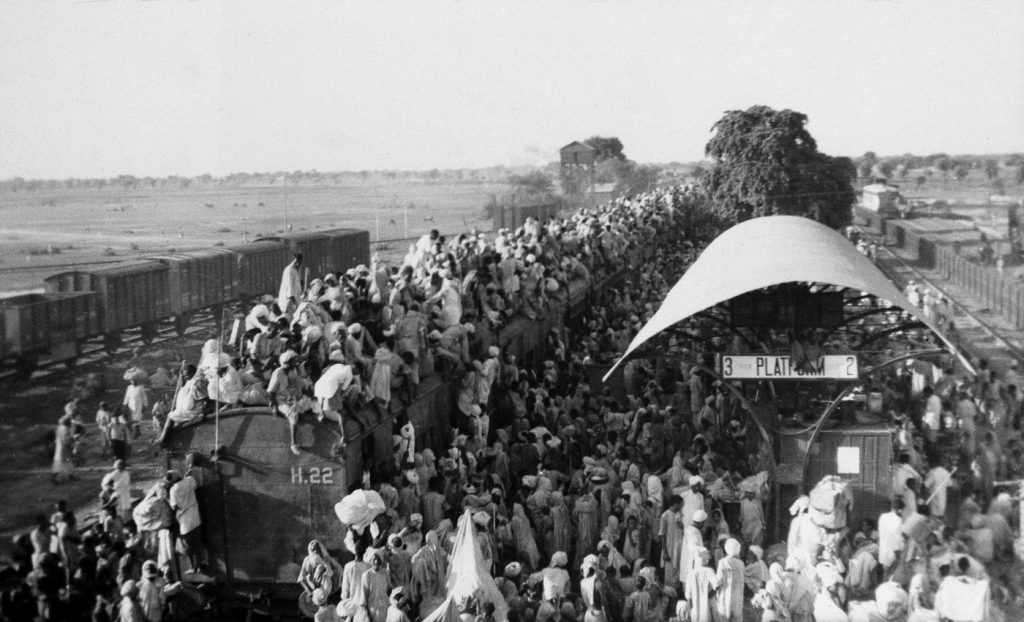NEW DELHI (AP) – The recent military conflict between India and Pakistan has intensified, just days after India executed airstrikes in Pakistan. These strikes followed an attack by armed men on tourists in the India-controlled Kashmir region last month.
The two nuclear-armed rivals have engaged in a barrage of artillery shells, gunfire, missiles, and drone strikes, resulting in civilian casualties on both sides and escalating fears of a broader war. This outbreak of hostility marks a further escalation in a long-standing conflict over the disputed Kashmir region, a struggle that traces back to the violent partition of India in 1947.
The partition of India created two independent nations in August 1947, dividing the country into Hindu-majority India and Muslim-majority Pakistan, yet leaving the status of Kashmir, then a princely state, uncertain. The excitement that accompanied the independence was soon overshadowed by severe communal violence that resulted in the deaths of up to 1 million people, as Hindus and Muslims engaged in brutal clashes.
The partition led to one of the largest peacetime migrations in history, displacing around 15 million individuals as families were torn apart. Many people fled their homes, losing property without any hope of returning.
In the immediate aftermath of the partition, both India and Pakistan claimed sovereignty over Kashmir, which was predominantly Muslim. The region's Hindu monarch preferred to remain independent, but armed uprisings and an invasion by tribesmen from Pakistan led him to seek assistance from India. This request prompted the Indian military to enter Kashmir, ultimately resulting in the first of two wars between the two nations over this contentious territory. The first conflict concluded in 1948 with a U.N.-brokered ceasefire, establishing a heavily militarized delineation known as the Line of Control, which divided Kashmir between the two countries.
A promised U.N. vote that was to allow Kashmiris the choice of joining either India or Pakistan has never taken place. This unresolved status has incited further tension, with both nations engaging in another war in 1965 and a limited conflict in 1999 over Indian-controlled Kashmir.
Discontent among Kashmiris regarding Indian governance intensified over time, fueled by a perception that Indian authorities had broken promises regarding a referendum. By 1989, the situation had escalated into an outright rebellion against Indian rule. India has characterized the insurgency as a proxy war and state-sponsored terrorism orchestrated by Islamabad; Pakistan, on its part, refutes such accusations. Many Muslim Kashmiris see their struggle as a legitimate fight for freedom, demanding either unification with Pakistan or independence.
The ongoing conflict has led to tens of thousands of casualties among civilians, rebels, and government forces, further entrenching the tragic legacy of the partition and the ongoing dispute between India and Pakistan over Kashmir.











